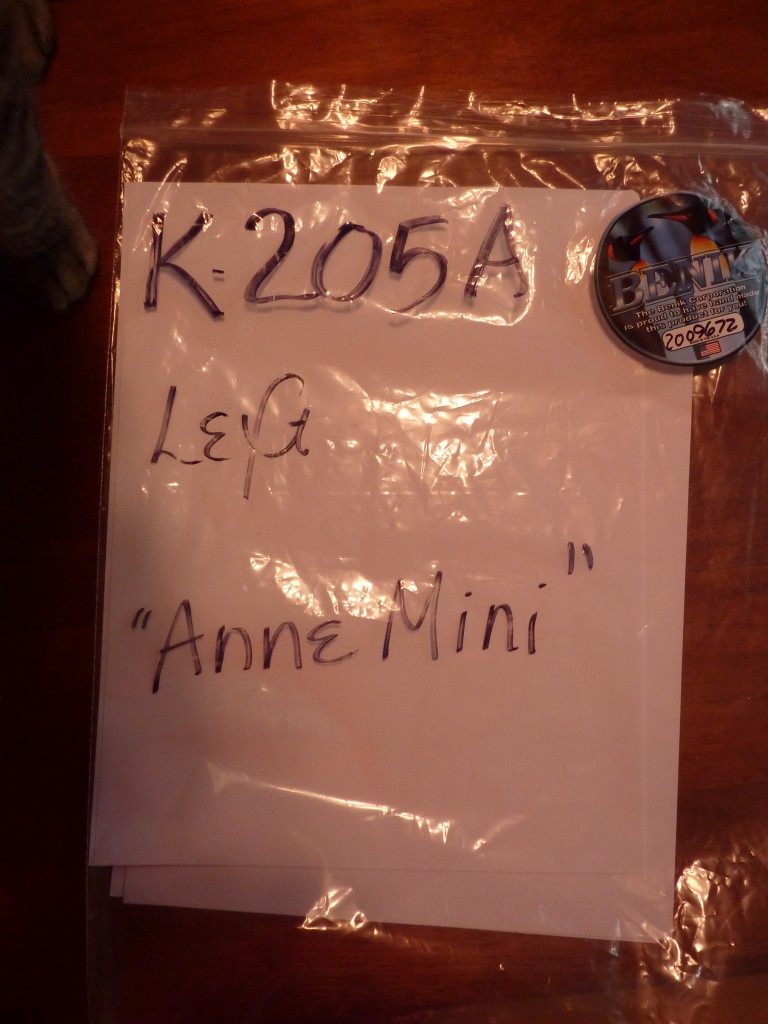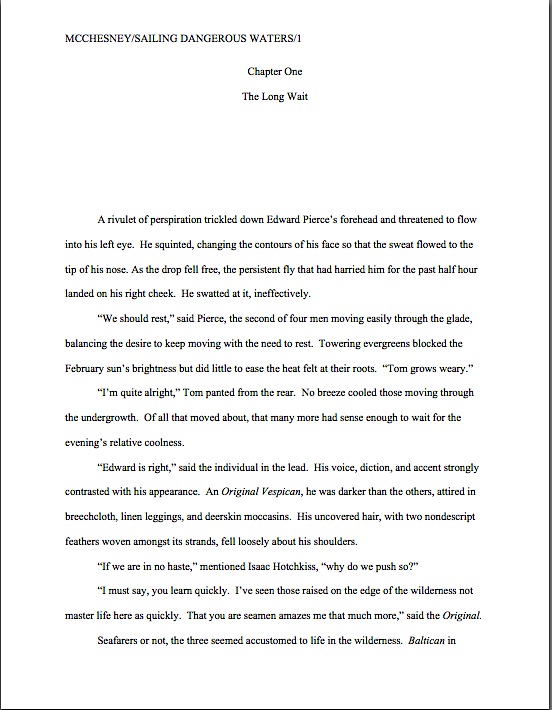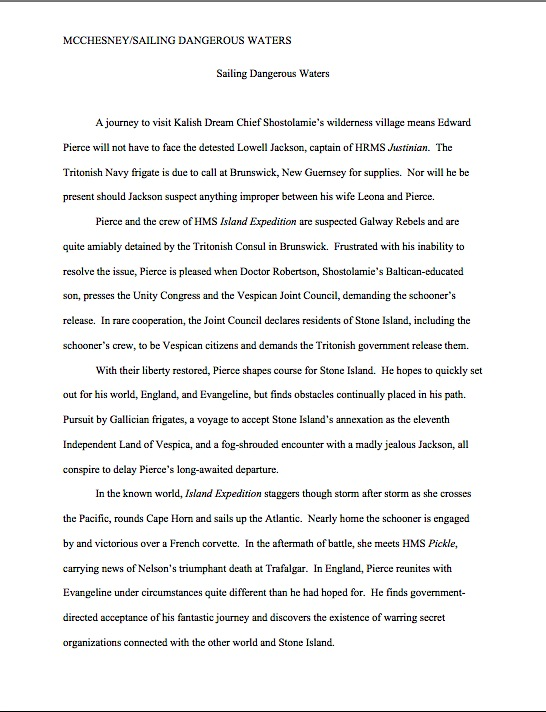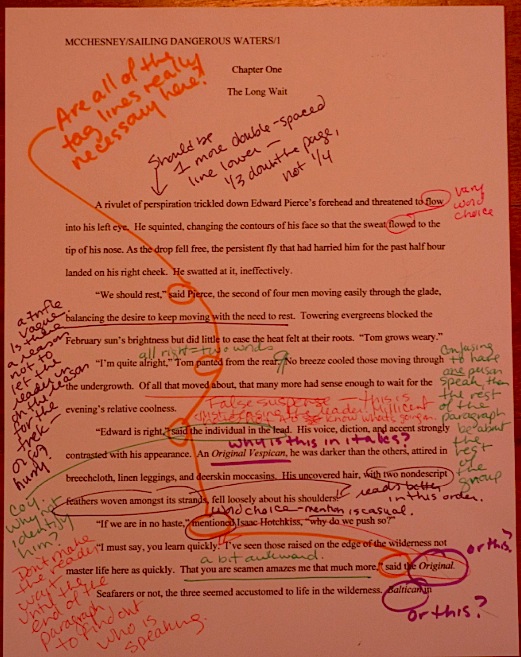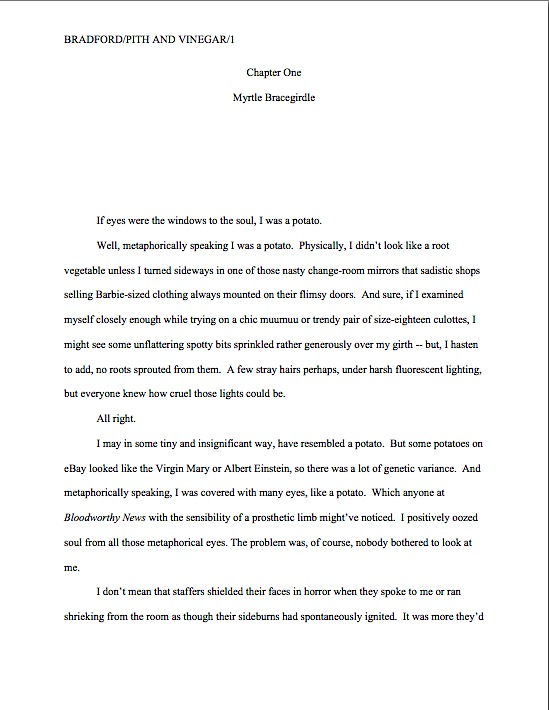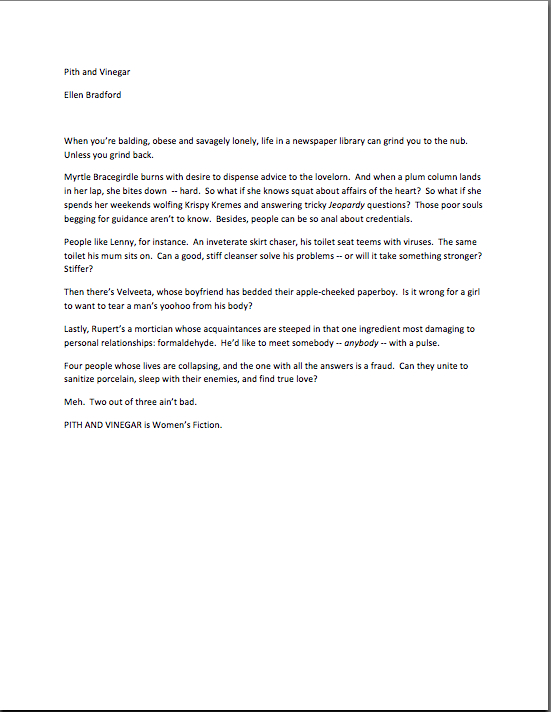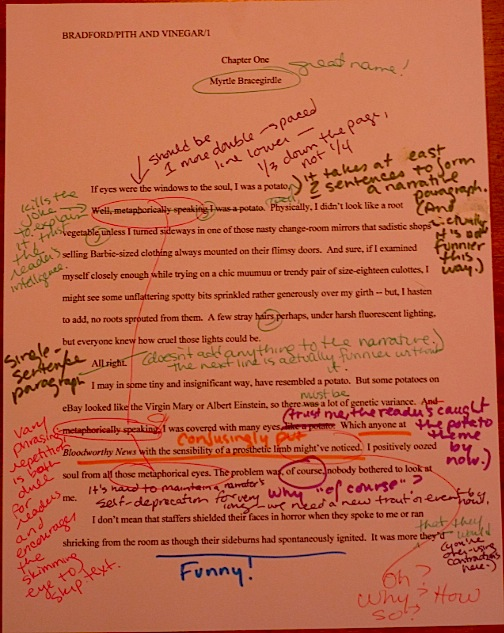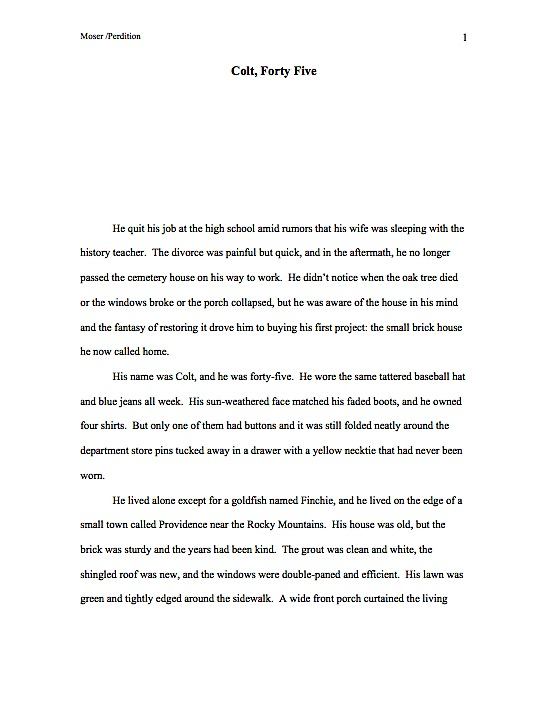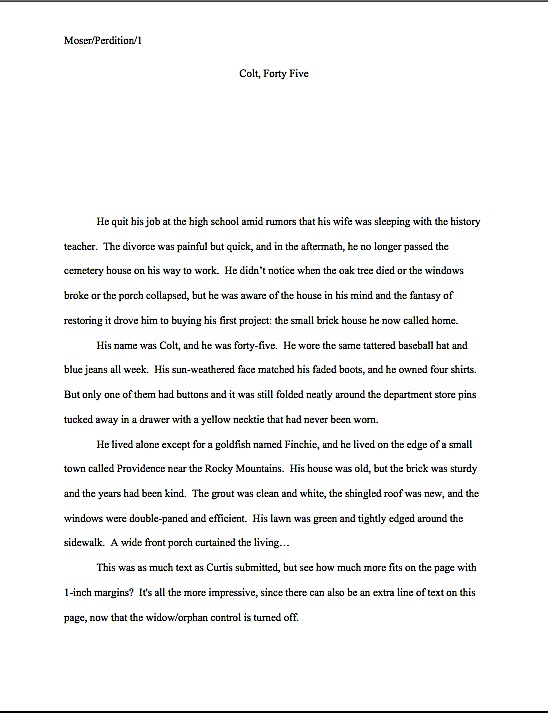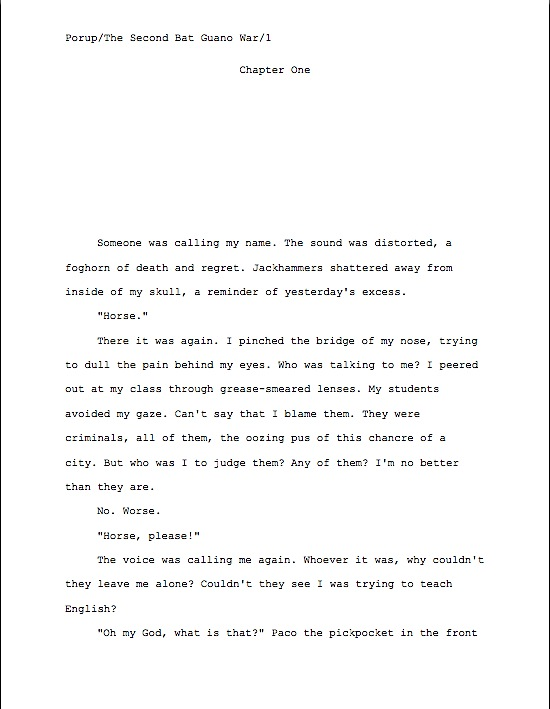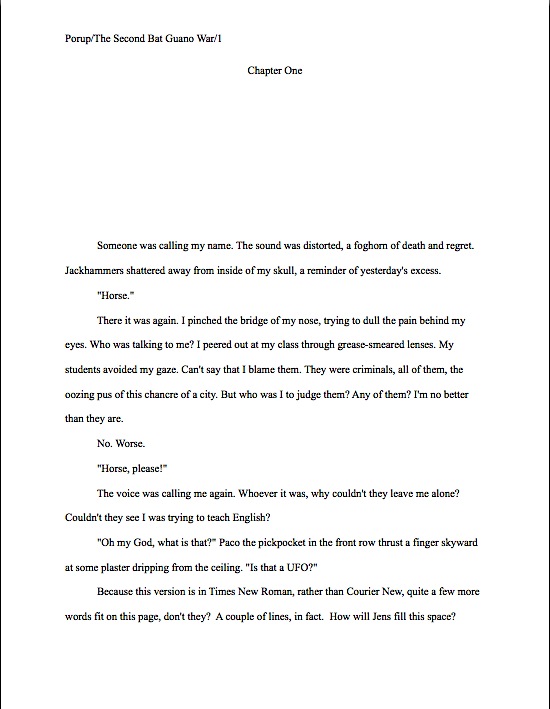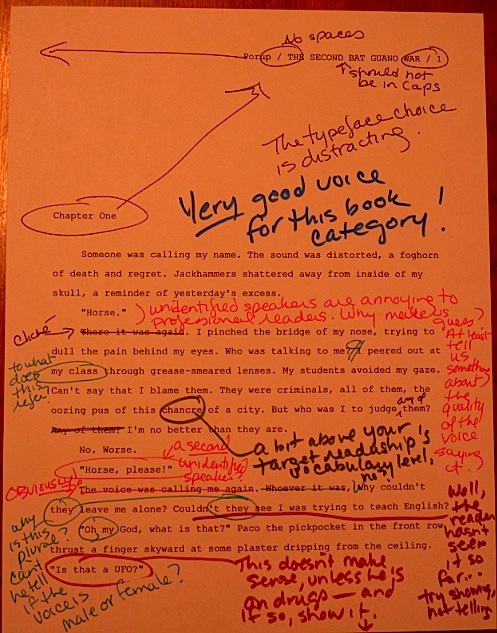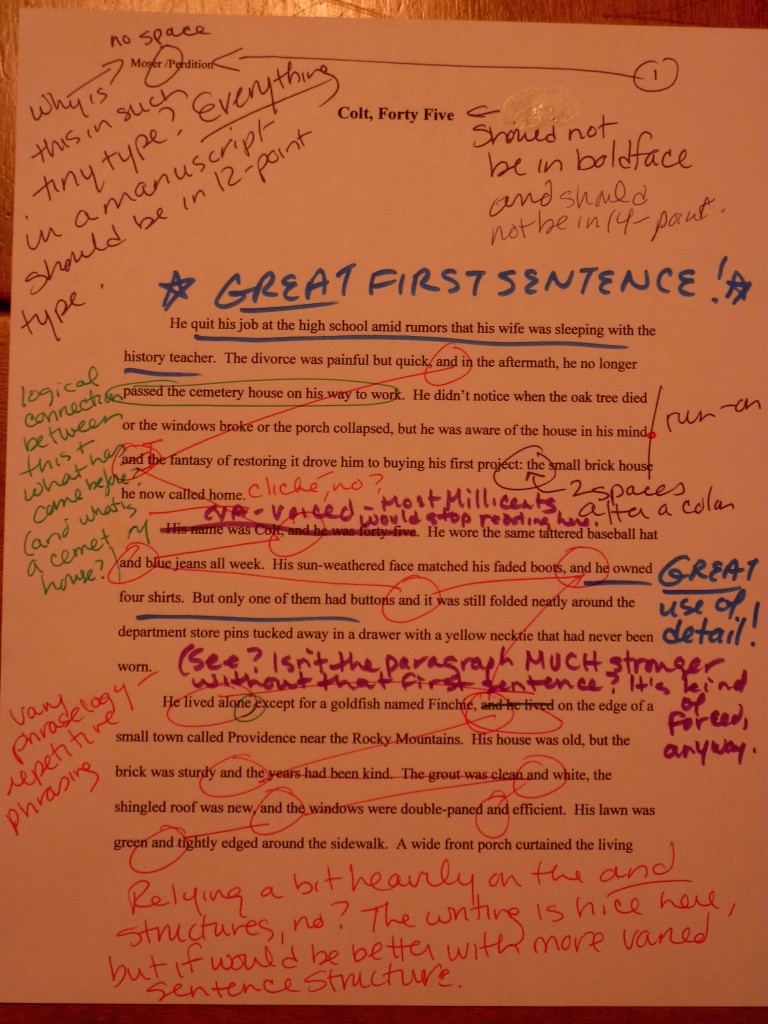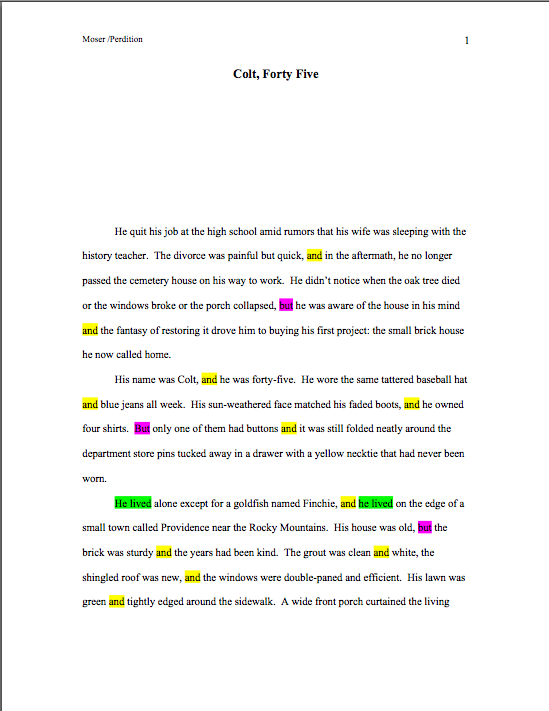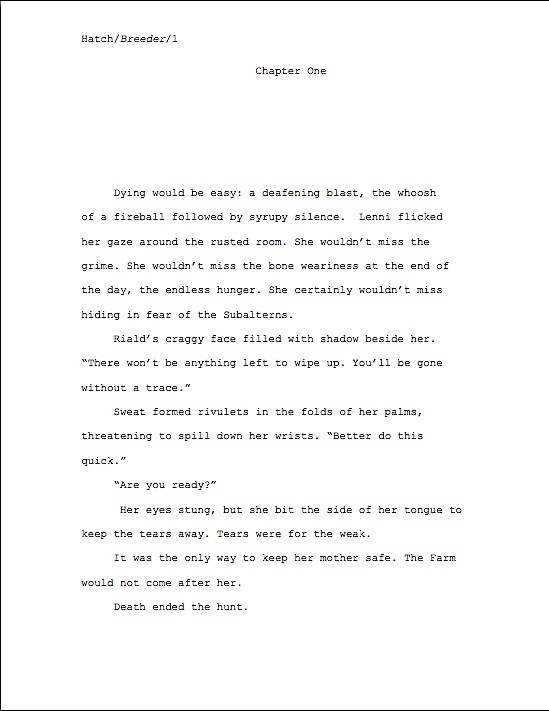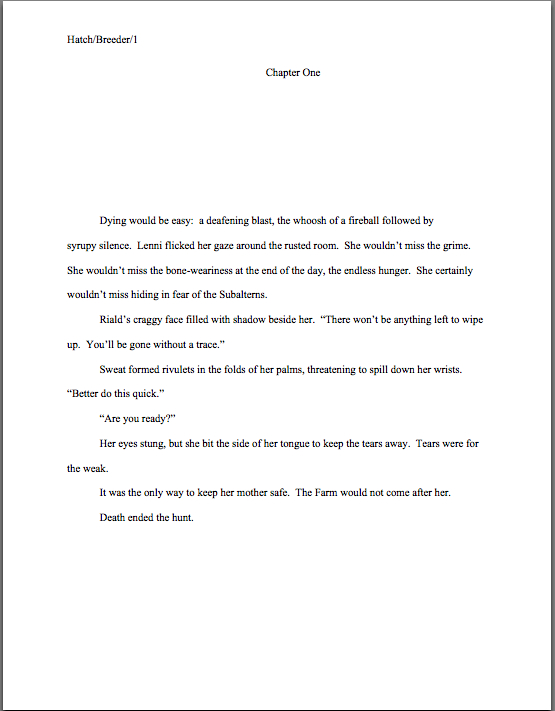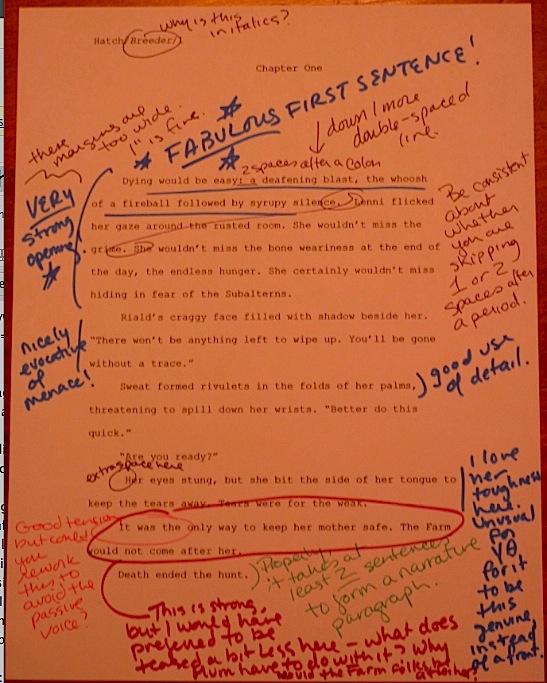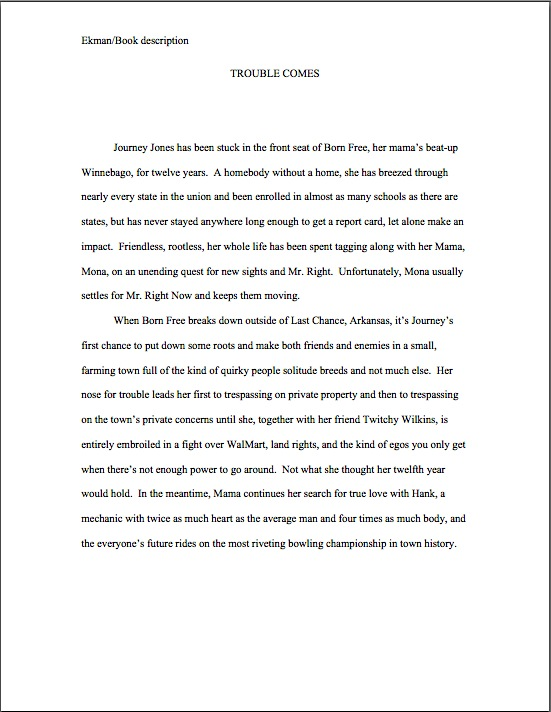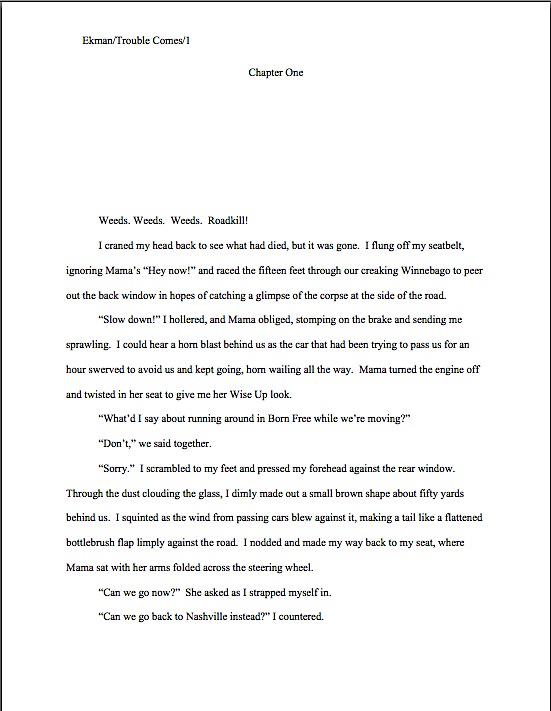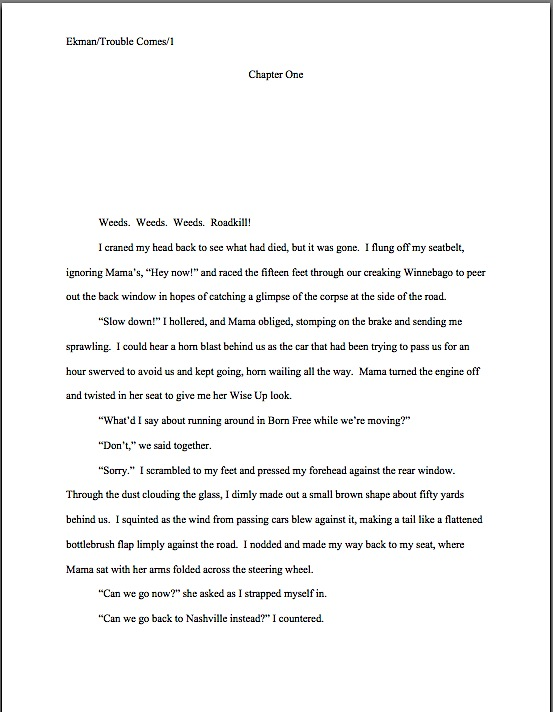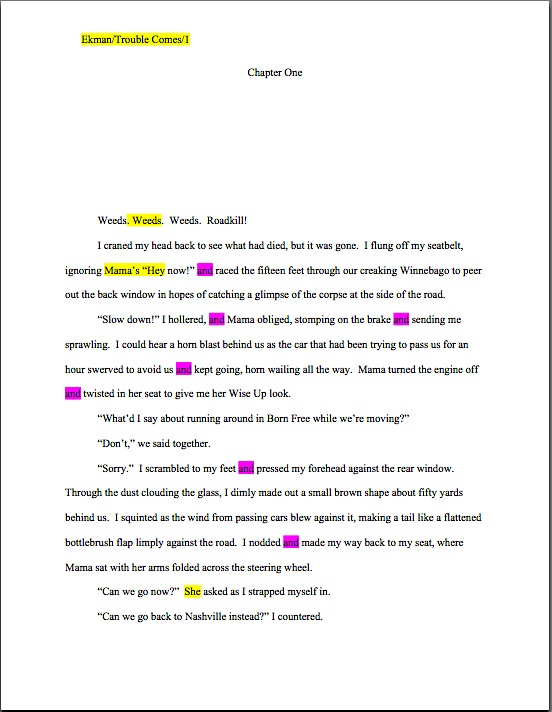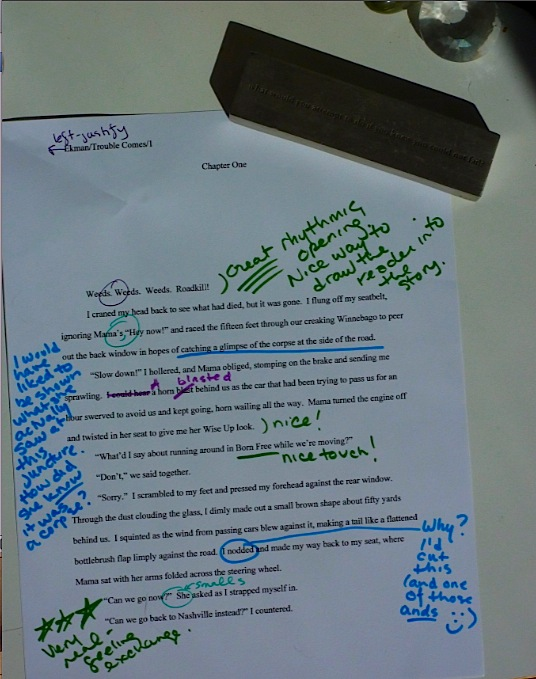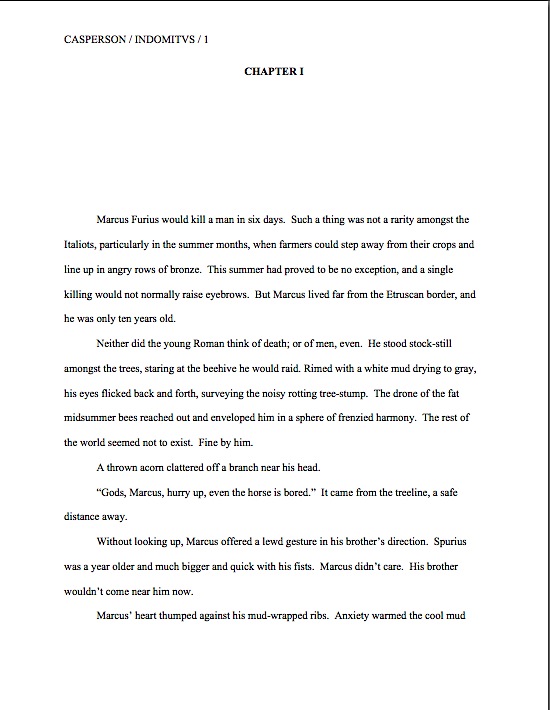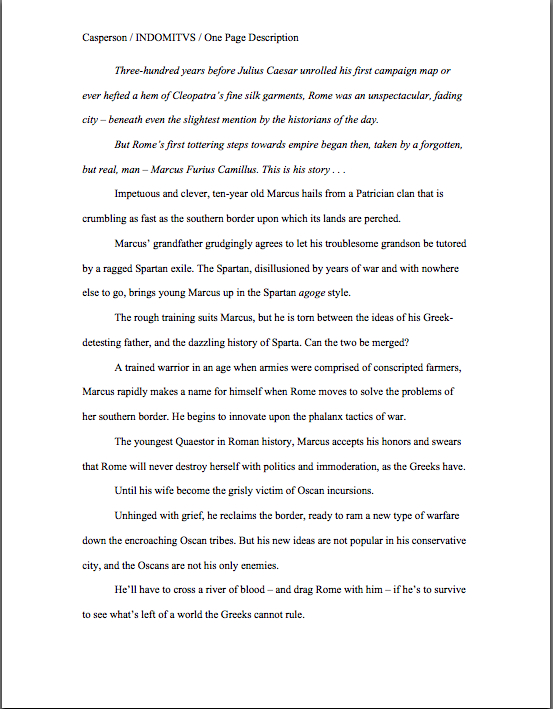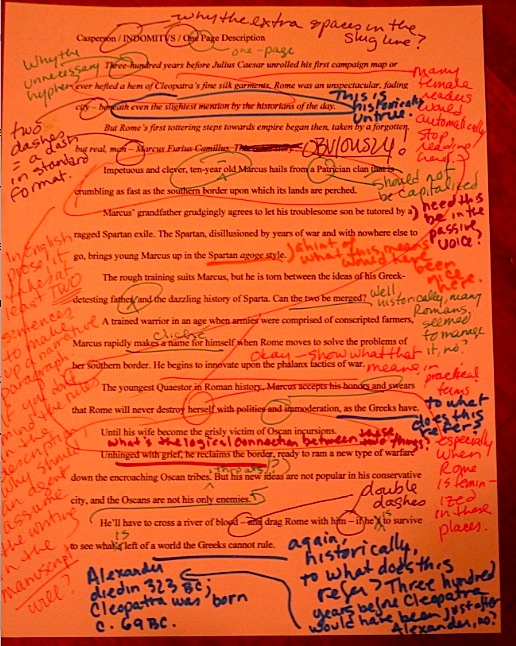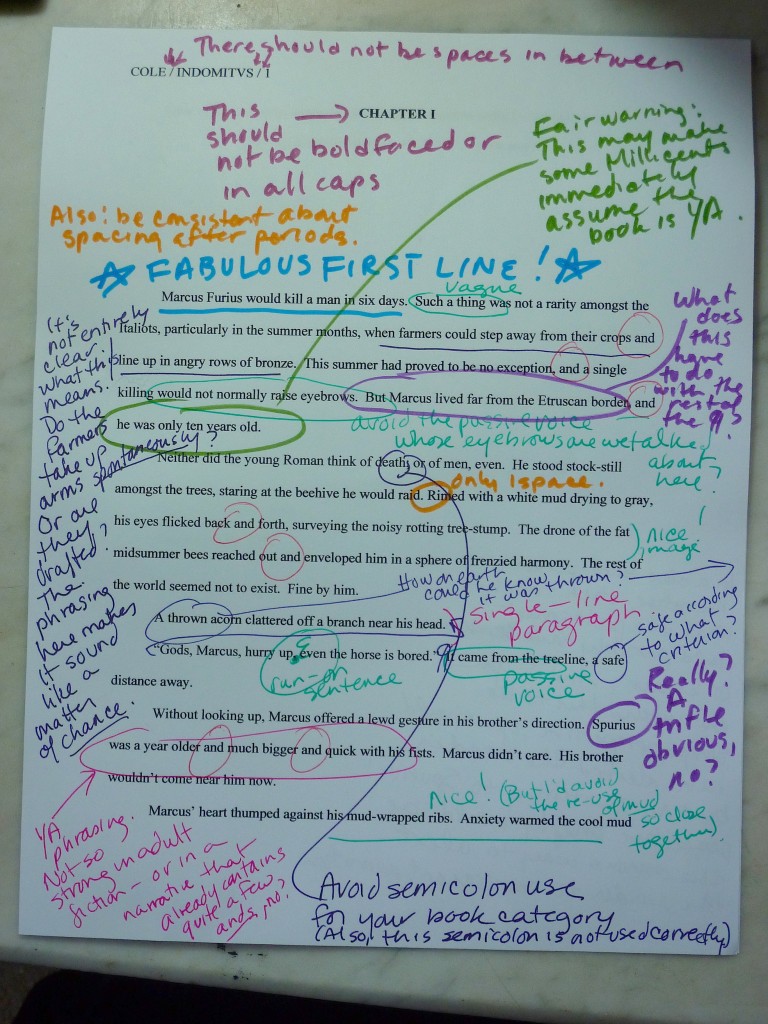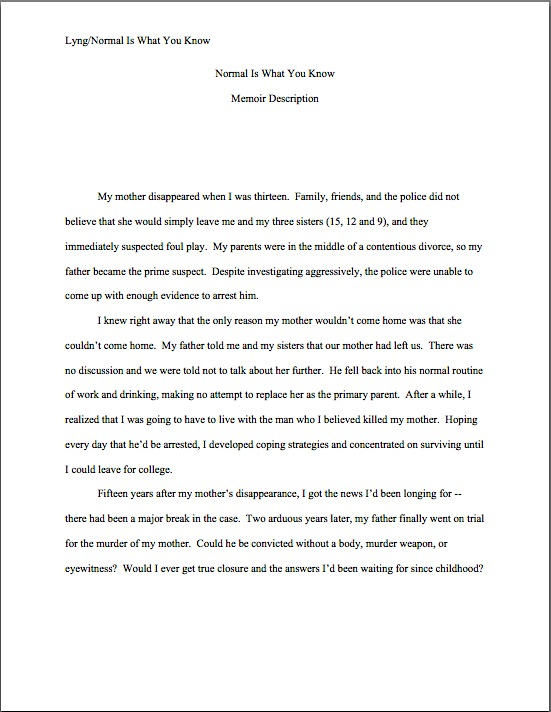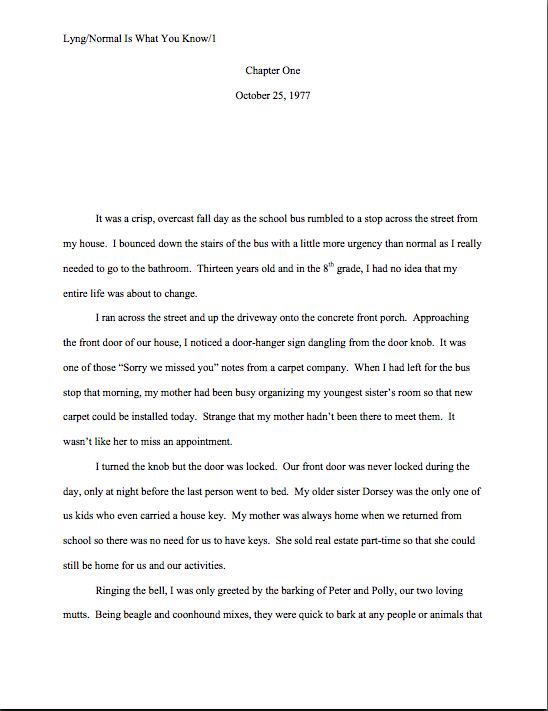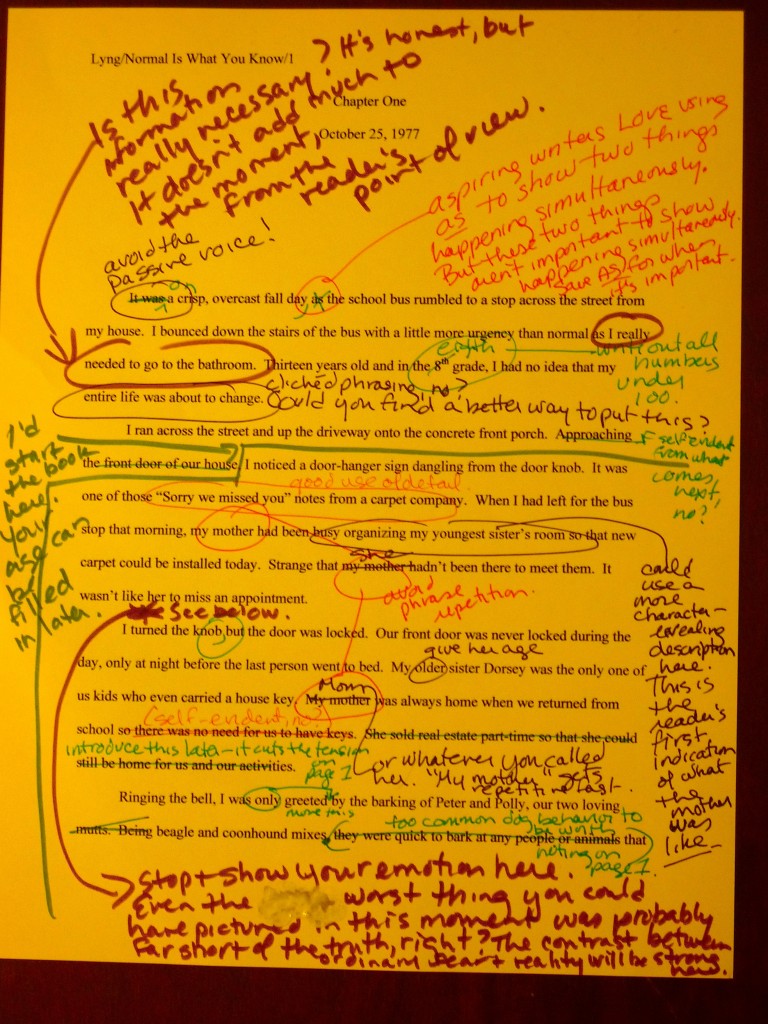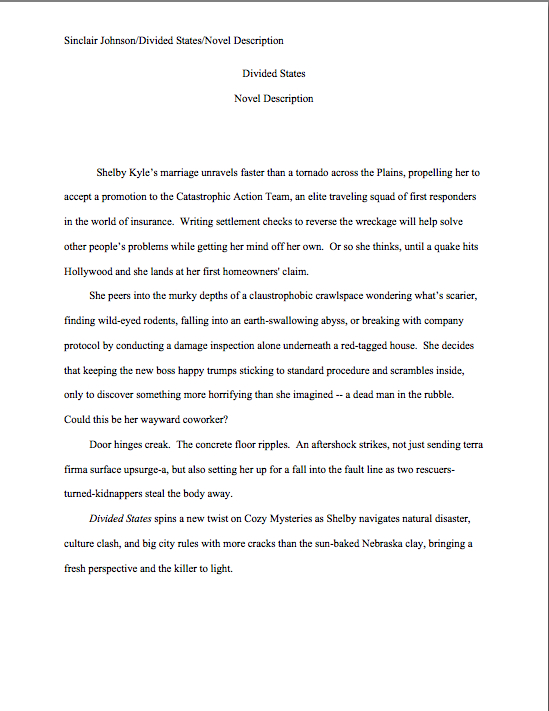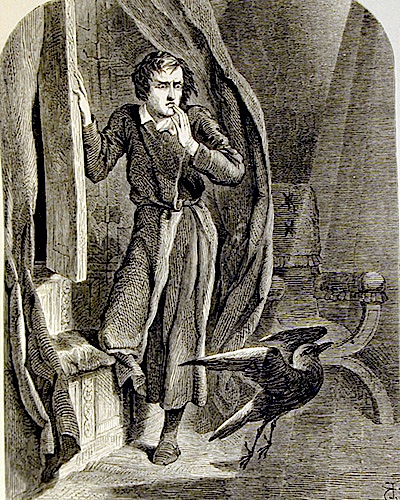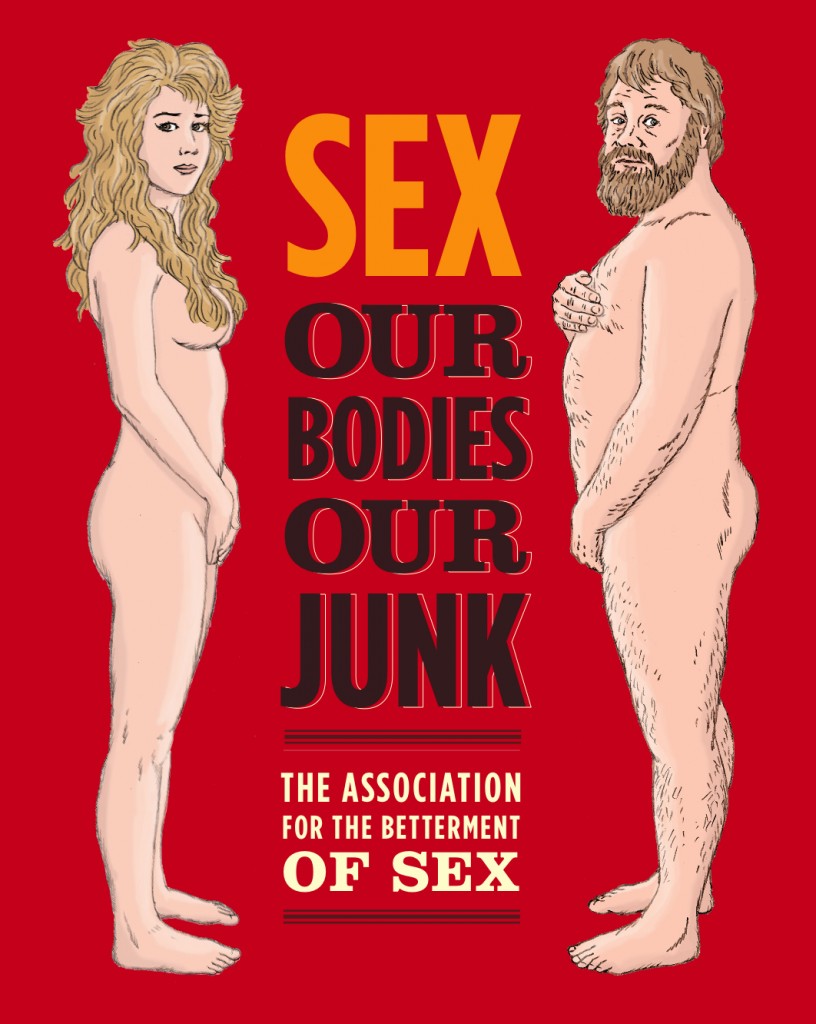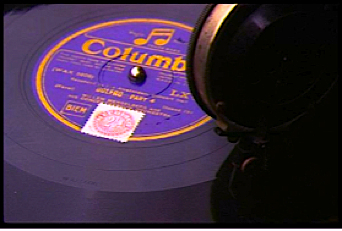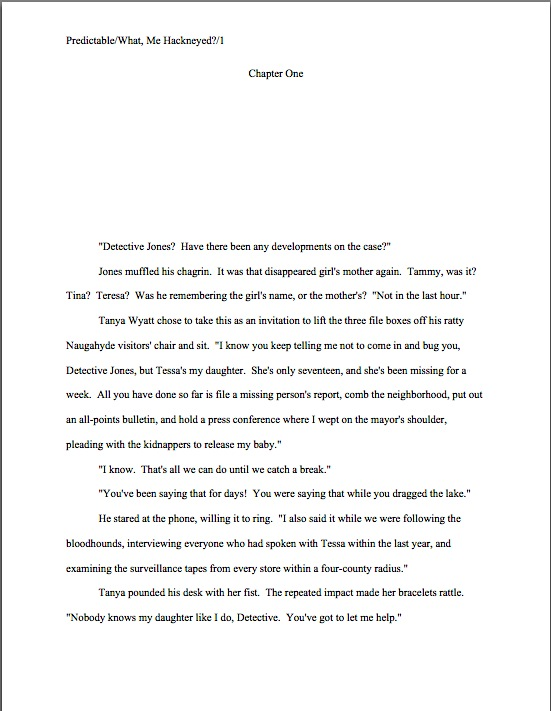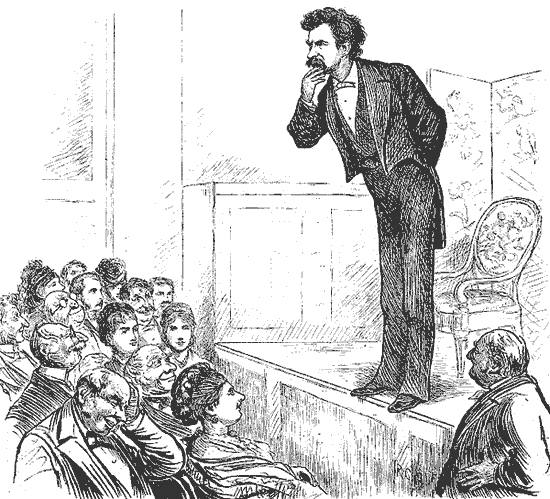Once again, I am delighted to begin with some happy news about a member of the Author! Author! community: a gigantic round of applause, please, for Harold Taw, whose first novel, Adventures of the Karaoke King, will be released through Amazon.com’s new imprint, AmazonEncore, in April. Congratulations, Harold, and may the book be a monumental success!
I’m particularly pleased to make this announcement, as I have been charmed by this story since it was at the pitching stage. It’s a story that, to put it mildly, sticks in one’s mind. From Harold’s website:
Seattle’s Guy Watanabe is a quiet thirty-something man who is marginally in touch with his Asian heritage and completely out of touch with his own needs and desires. Recovering from a divorce, Watanabe is unsure of himself and his future. When he wins a local karaoke contest, he discovers not only a newfound confidence, but the courage to take risks. With the victor’s medallion in hand, he seizes the moment, and his life changes dramatically…although not as he might have hoped. From a weekend romp with Megumi, a former hooker, comes a physical beating and the loss of his beloved medallion. Stung by this humiliation, yet able to muster a courage long dormant, his quest begins. From the Pacific Northwest, down to the Southwest, and on to Asia, with a return trip in a shipping container, Guy Watanabe is on a wild ride. Along the way he woos a hard-drinking Korean barmaid, teams up with a closeted gay man and a heavily-armed dwarf, and crosses paths with a patricidal Chinese businessman who will stop at nothing to create a global karaoke empire. So many people seeking the meaning of life and desperate to attain their dreams, and at the heart of their internal struggle is Guy Watanabe’s quest for truth, hope, and self-discovery.
He had you at heavily-armed dwarf, didn’t he? Or was it the phrase global karaoke empire? This is a great example of how a writer can use surprising details to enliven a book description.
Harold’s road to publication is one of those offbeat success stories that occur so seldom that they seem like lightning strikes when they do happen. Like many of you, he entered this manuscript in the Amazon Breakthrough Novel Contest — and didn’t win. But the fine folks at Amazon noticed the freshness of his story, and the rest is publishing history. (I’d tell you more, but I’m hoping to blandish Harold into telling you about it himself in front of my interview camera. Stay tuned.)
My, we’ve had a lot of success stories lately, have we not? Keep them rolling in, folks — I love reporting my readers’ triumphs. Go, Team Literate!
Speaking of literacy and its many charms, last time, we focused our attention upon how an over-reliance upon phrases in common use — nodded his head, shrugged his shoulders, shook his head, waved a hand, to name but four — word repetition, and other uninspired narrative choices can water down even the strongest authorial voice. Because so many writers use them so often, our pal Millicent the agency screener tends to have a visceral negative reaction to them.
“Oh, no,” she murmurs regretfully over the 76th iteration of he pointed at X she’s read that day, “another writer who fell into the trap of believing that the sole point of narration is to show what is going on, as if it didn’t matter how that action were described to the reader. Why in heaven’s name do so many talented writers waste page space with stock phrases like this, rather than seeking to impress me with original wording?”
That’s a great question, Millicent. In my experience, the reason tends to be threefold: aspiring writers often don’t understand just how fierce the competition to get published is these days; because they are busy people, they slap their stories down on the page in a tearing hurry, on the theory that it’s more important to crank out the pages than to refine the prose. Then they begin querying the instant after they complete their first drafts, rather than going back over them with an eye to revision.
The result, unfortunately for literature, is all too often that a promising voice telling a potentially interesting story becomes obscured by catchphrases, clichés, and word repetition that the writer herself would probably find distracting if she sat down and read her manuscript IN ITS ENTIRETY, IN HARD COPY, and OUT LOUD. Having skipped that essential step, it’s hardly surprising that Millicent’s scrutiny gets caught up in the submission’s problems, rather than its strengths.
Yet aspiring writers are continually being caught off guard by this development. “But I’ve worked so hard writing this book!” they exclaim over form-letter rejections. “Why isn’t anyone picking it up?”
I hate to break the hard, hard truth to these already bruised souls, but in the current literary market, books do not get published simply because someone wrote them. That’s true of literally every submission Millicent and the agent who employs her sees. From an agency perspective, it’s assumed that good writers work for years on their first manuscripts; even for the most naturally gifted writer, learning the ropes of constructing a narrative takes some time.
Hey, I warned you that it was a particularly hard species of truth. Those of us who have been in the business for a while would never consider submitting our first drafts of anything — if a story is worth putting down on paper, it’s worth revising. It’s worth going over with the proverbial fine-toothed comb, to make certain that the phrasing is original and pleasing to read. And it’s definitely worth ascertaining that all of those carefully-selected words are spelled correctly.
One of the most common types of spelling error, believe it or not, is the misspelling of proper nouns. Place names are particularly susceptible to mangling.
Oh, you may laugh at the notion that a writer familiar enough with Berkeley, California, to set a story there would not consistently spell its name correctly. But my version of Word’s spellchecker would also accept Berkley as a proper noun, as in Penguin’s imprint, the Berkley Press, or the cities of that name in Massachusetts and Michigan. It would also accept Berklee, a very fine school of music in Cambridge, Massachusetts. And isn’t there a Congresswoman Berkley from Nevada?
See the problem? Spell-checking alone will not necessarily catch that our hard-working writer typed Berkely when he meant Berkeley. Even if it did, a tired writer sneaking an hour of writing into a busy day after the kids are in bed — or a super-excited writer who had just received a request for pages from an agent — might easily hit IGNORE once too often during an extended spell-checking session. Heck, all it would take is a single slip of the hand to CHANGE ALL.
If that horrifying possibility didn’t send you running for a pencil and your manuscript, consider this: when Millicent — or Maury the editorial assistant, or Mehitabel the veteran contest judge — encounters Berkley instead of Berkeley on the page, she won’t have any clue about the sordid late-night hand-slippage that brought it there. As far as she knows, that misspelled proper noun could just as easily mean that the writer just had no idea how Berkeley is spelled.
And apparently didn’t take the time to find out. Tell me, if you were Millicent, how serious would that writer seem about his craft?
Uh-huh. There’s a reason that professional readers so often murmur, “This might be a good book after the next revision,” as they reach for a photocopied form-letter rejection. They simply assume that writers who are serious about getting published will respond to no by hunkering down, honing their craft, and submitting a more polished work next time. Happily for Millicent, any reputable agency receives many, many times the carefully-revised submissions it needs to fill its few new client spots in any given year; they don’t need to dip into the not-quite-ready-yet pool.
Oh, dear. Should I have advised those of you new to the game to sit down before I said that?
If the news that Millicent is specifically trained not to cut a new writer any slack comes as a shock to you, you’re certainly not alone. Thirty years ago, writers of promise, as they were known in the industry, were treated quite differently. Back then, the agent might have had the time to read each submission personally, or even to give a specific reason for rejecting a particular manuscript. If a book seemed as though it was a revision away from being marketable, the agent might have taken the time to give the writer specific feedback, advising him to revise and resubmit.
Now, that same submission would typically have to make it past Millicent before the agent would even know of its existence. If it wasn’t print-ready, the writer would receive a form-letter rejection that read something like Thanks for sending this to me, but I just didn’t fall in love with it or While another agent might feel differently, I do not believe I can sell this in the current highly competitive market. Not a word about having spelled the name of the town Berkeley half the time and Berkely the other would be mentioned; the writer would simply be dismissed with polite platitudes.
That vaguely-worded form response is the usual result, incidentally, whether the submission was so peppered with misspellings that Millicent gave up three sentences in or if she read the entire submission before deciding that it wasn’t for the agency. Even if she actually did fall in love with the story, approve it, and send it on to her boss, the submitter might still end up shaking her head over Pardon an impersonal response, but our agency receives too many submissions for me to respond to each individually.
That’s right: the writer very seldom learns why her submission gets rejected. All the more reason, then, to go over the manuscript IN ITS ENTIRETY, IN HARD COPY, and preferably OUT LOUD, to ferret out any presentation reasons Millicent might have for shouting, “Next!”
Is that cacophony of voices bouncing around the ether an indication that a few hundred thousand aspiring writers are grumbling about how cold and impersonal the publishing world has become toward new talent? I hate to tap-dance on anyone’s oversimplification, but actually, we’re sorry, but this manuscript does not meet our needs at this time is a golden oldie. Pre-typed rejection slips were in common use at agencies by the mid-1950s; I’ve met writers who received one or more in the 1920s.
Admittedly, the manuscripts that made it farther in the winnowing-out process often did receive personalized rejections. The practice of giving those who were only a draft or two away encouragement and advice lingered long enough that even today, one does occasionally hear long-established publishing types insist that if a writer has sent out ten queries and received only form letter replies, there must be something wrong with the query. Or that if the writer comes up with a query good enough to garner requests for pages, yet receives nothing but form-letter rejections, the manuscript must necessarily be deeply flawed.
It might be, of course, but impersonal rejections — or, almost as common these days, no response at all if the answer is no — are no longer reserved for those queries and submissions too poorly written or formatted to receive serious consideration. Now, the sheer volume of queries and submissions often renders it impossible for the agency to respond to even the near misses personally.
Wait — haven’t I heard that somewhere before?
Call me zany, but if a genuinely talented writer is going to get rejected, I would prefer that it be for the reasons those form-letter responses claim: because the premise actually would be difficult to market in the current literary environment, books like this have not been selling well recently, or because the agent didn’t fall in love with the writer’s voice, but was sure that another agent would be delighted by it. I hate to see writers of promise give up hope because they submitted their work before it was polished.
Or, as is astonishingly often the case, before the writer has clutched that proverbial comb while giving serious thought to how the reader will respond to what’s on the page, as opposed to how he responds to it himself. After all, the writer already has a vision of the book in his head — he’s not necessarily going to look at the kind of generic activity we saw last time and think, “Hey, is it clear what’s going on here? Is there enough detail on the page that I can picture these characters, the ongoing conflict, the room in which it all takes place? Is this storyline continually engaging enough for me to want to keep reading?”
One does not need to be the Amazing Kreskin to predict that for 99.9% of aspiring writers, the answer to all three of those questions is going to be yes. And for good reason: if a writer doesn’t find his own story engaging, he’s unlikely to invest the considerable energy and time to complete even a first draft, right?
But that doesn’t mean that a reader new to the story — like, say, Millicent — would look at what’s on the page and answer all of those questions positively. Which she would have to do, in order to accept a submission.
It may seem self-evident, but a professional reader can only judge a manuscript by what actually appears on the page. Not what the writer intended to be on the page, or what he hopes the reader will fill in for herself, or what he would have typed had he not been writing at the end of a very long and hectic day. Just what is there in black and white.
Shouldn’t we want it to be that way, after all? No writer wants Millicent to read her own meaning into his submission, right? We all want our work to be appreciated on its own merits.
So if words are misspelled, Millie is forced to conclude that the writer misspelled them; what else could she think? If the grammar is poor or inconsistent, she unavoidably draws the conclusion that the writer either didn’t proofread well or — brace yourself — didn’t know the rules in the first place. If the manuscript presents enough evidence of these problems within the first page, it is not, by professional standards, unreasonable for her to conclude that (a) the rest of the manuscript suffers from similar difficulties and (b) it could stand some polishing.
And what is the logical (c) in this progression, campers, at least within the current literary market? That’s right: “Next!”
I’ve been sensing some of you squirming in your desk chairs throughout the last few paragraphs. “Okay, Anne — I get it. I need to proofread before I subject my work to Millicent’s scrutiny, preferably IN MY SUBMISSION’S ENTIRETY, IN HARD COPY, and OUT LOUD. I even realize that I need to commit right now to doing that before the next time I submit, because, let’s face it, I’m probably going to be pretty excited when an agent asks me to send pages. I might jump the gun. But since you opened this series with a paean to proofreading, why today’s cheerleading on the subject? I had thought we had moved on to concrete examples of Millicent’s pet peeves.”
So we had, verbose squirmers. For the rest of this post, I shall be talking about the things that bug Millicent when they aren’t in the manuscript.
Chief among them, and very much a proofreading issue: omitted words. Writers often don’t notice them, but professional readers tend to regard them with some asperity. Why? Well, take a gander at a typical instance.
“You don’t have the ring?” Phaedra searched frantically amongst the velvet pillows of her fainting couch. “But it’s not, either!”
To paraphrase Millicent’s reaction, huh? What on earth does that last sentence mean?
Does that forest of hands that shot into the air indicate that some of you can guess the missing word? So can I. What the writer intended was this:
“You don’t have the ring?” Phaedra searched frantically amongst the velvet pillows of her fainting couch. “But it’s not here, either!”
“So what’s the big deal?” those who squirmed previously inquire. “It was pretty obvious what the missing word was. Any reasonable reader could have figured it out.”
Ah, but it isn’t Millicent’s job to figure it out. How do I know that? Because a professional reader can only judge a manuscript by what actually appears on the page.
Since the word’s not there, our Millie cannot legitimately fill it in for herself, then judge the paragraph. That would be cheating — and unfair to all of those conscientious submitters who, unlike the writer penning the adventures of Phaedra, actually did proof their manuscripts IN THEIR ENTIRETY, IN HARD COPY, and OUT LOUD.
It’s not as though any of us hasn’t dropped a word every now and again, either; this is a virtually universal first-draft phenomenon. It’s understandable: when a writer is in a hurry to get sentence or a scene down in writing, the creative brain does sometimes move faster than the fingertips. It’s easily caught in revision.
Provided that there is revision, of course. An unreviewed first draft enjoys no such oversight.
Dropped words, or even sentences, are also quite common in what I like to call Frankenstein manuscripts: a text that has received multiple partial revisions, but that the writer has not had the time (or perhaps the inclination) to go through from beginning to end, to make sure that all of the old and new sections flow together smoothly. A classic symptom of a Frankenstein manuscript is one where the narrative voice is different in one section than another, because the writer changed her mind about the tone of the book. Other standard attributes at the book level include a character’s name that changes throughout the book (she’s Sarah in Chs. 1, 17, and 19-25, but Sara in Chs. 2-16 and Sally in Ch. 19, because the latter remained unchanged from the first draft), a subplot that comes on strong in the beginning of the manuscript, but seems to be forgotten thereafter, and references late in the story to revelations earlier in the book, although those earlier scenes have been cut.
Hey, I wasn’t kidding about the possibility of Millicent’s being as annoyed by what isn’t on the page as what is.
On the sentence and paragraph level, however, the telltale sign of Frankenstein revision practices is often missing verbiage. It’s very, very common for a reviser to import a sentence or two from another part of the page (or even another part of the manuscript) and plop it down amid existing text, intending to smooth out the transitions between the old and the new later. But then, other paragraphs beg for her attention, or the phone rings, or Junior suddenly remembers that he needs 42 cupcakes to take to school tomorrow morning, and before the writer knows it, the incomplete small-scale revision is forgotten.
The result, I am sorry to report, appears on the page like this.
Arnold turned out his the pockets of his pants pockets. They were empty. “I told you that I didn’t have your silly ring.”
Clear enough what happened here, isn’t it? The first sentence originally read Arnold turned out his pockets. Upon mature reflection, our revising friend decided that the sentence should run Arnold turned out the pockets of his pants. So just before Junior comes flying into the room ten minutes after his bedtime, waving the note from his second-grade teacher, the reviser starts to type the new text — and never gets a chance to delete the old.
Completely understandable, of course. And it wouldn’t necessarily be a problem at submission time, except — feel free to chant along at home, campers — a professional reader can only judge a manuscript by what actually appears on the page. Millicent can’t legitimately just pick the wording she likes best out of the plethora of possibilities in that first sentence, any more than she could make an executive decision that your protagonist was Sarah, not Sara or Sally.
Those kinds of decisions are up to you. You’re the writer, after all.
And that’s Millicent’s dilemma when what is on the page makes it fairly clear what the writer’s intention actually as. Sometimes, the missing verbiage is so crucial to the scene that poor Millie is left guessing.
“That’s not the only place you could have hidden it.” Phaedra ran her hands across his polyester-covered shoulders, stopping abruptly at the ends of his epaulettes. “Shall I search you?”
Arnold smirked. “I’m not armed. I can’t stop you.”
“So you claim.” Swiftly, she Phaedra turned the muzzle on him. “And I trusted you!”
Wait — what just happened? That awkward cut in this Frankenstein scene renders it impossible to make a credible guess.
“Honestly,” Millicent mutters. “Is it my job to write that missing section? I can’t even tell how long it was, much less predict its subject matter. Next!”
You must admit, Millie has a point here: it isn’t her job to fill in missing text. Pull out your hymnals, campers, and we’ll sing about why: a professional reader can only judge a manuscript by what actually appears on the page.
That’s not even the worst of it, from the submitter’s perspective. (Well, okay, so it’s the worst of it as far as Phaedra’s chronicler is concerned; “Next!” unfortunately, is the end of the line for requested materials, at least at that agency.) Because Frankenstein manuscripts are so common, writers of spare narratives sometimes find their work mistaken for it.
Seriously, to a skimming eye, scant narration can look as though there is some text missing. Take a gander.
“I’d always heard that you were the strong and silent type.” Angelica ground her spent cigarette into the gravel with her stiletto heel. “I see that I was not misinformed.”
Vern said little — nothing, in fact. He barely blinked at the blur flying through his peripheral vision.
Angelica didn’t thank him for saving her life. She lit another cigarette. “Apparently, you’re a handy fellow to have around.”
Seem like an outlandish omission? It isn’t, really: plenty of narratives veer away from the action at crucial moments. I’m not a big fan of it, personally, but it’s a recognized style, borrowed from TV. (In television drama, it’s fairly common for a major scene to come to a screaming halt just after a major revelation, but before the characters can react to it. Time for a commercial!)
It doesn’t work so well in print, but to be fair, a careful reader with time to kill could in fact figure out what happened between those last two paragraphs: some creature/person/deadly object soared toward Angelica, and Vern’s swift-yet-undefined action prevented it/him/her/it from killing her. The writer probably considered the fact that Vern is so cool that we never even see him move his eyes, much less his body, to avert the threat as humorous, not vague.
Yet on the page, there’s no denying it would be vague. As such, it’s hard to blame Millicent for doing a spit-take with her latte and crying as she dabs frantically but ineffectually at the spreading stain on her shirt, “Wait — what just happened?”
Oh, she might actually go back and re-read those two paragraphs. But once a submission has landed her with a $43 dry-cleaning bill, the rest of the text would have to be awfully compelling to make up for it.
I can hear all of you spare narrative-huggers out there jumping up and down in your seats. “I’m all ears, Anne. How can I revise my text to eliminate the possibility of Millicent’s choking on her latte?”
I do have an answer, but the sparer you like your text, the less satisfying I suspect you’ll find it: include enough detail that any reader, even a swiftly-skimming one, can easily follow what is going on.
A professional reader can only judge a manuscript by what actually appears on the page, after all. Millicent is entirely justified in believing that it is not her job to guess that a cheetah in a sapphire-encrusted collar leapt off a passing Model T, well-manicured claws aimed squarely at Angelica’s face, only to be caught in mid-air by the tail, squashed flat, then tucked into Vern’s inside jacket pocket, along with a half-finished roll of Mentos and a daguerreotype of his sainted great-grandmother.
You know, what any other reader might have figured out occurred, given enough time to figure it out from context.
Fill in the blanks for Millie; she has a hard job, even when her omnipresent latte isn’t attacking her wardrobe. Make absolutely certain that you’ve given her all the necessary words not just to be able to guess what you might have been envisioning in a scene, but to know for sure. Trust me, your ideas will shine much, much brighter if she sees them in their full glory. Keep up the good work!

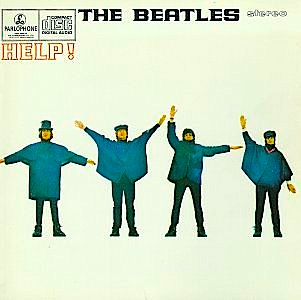

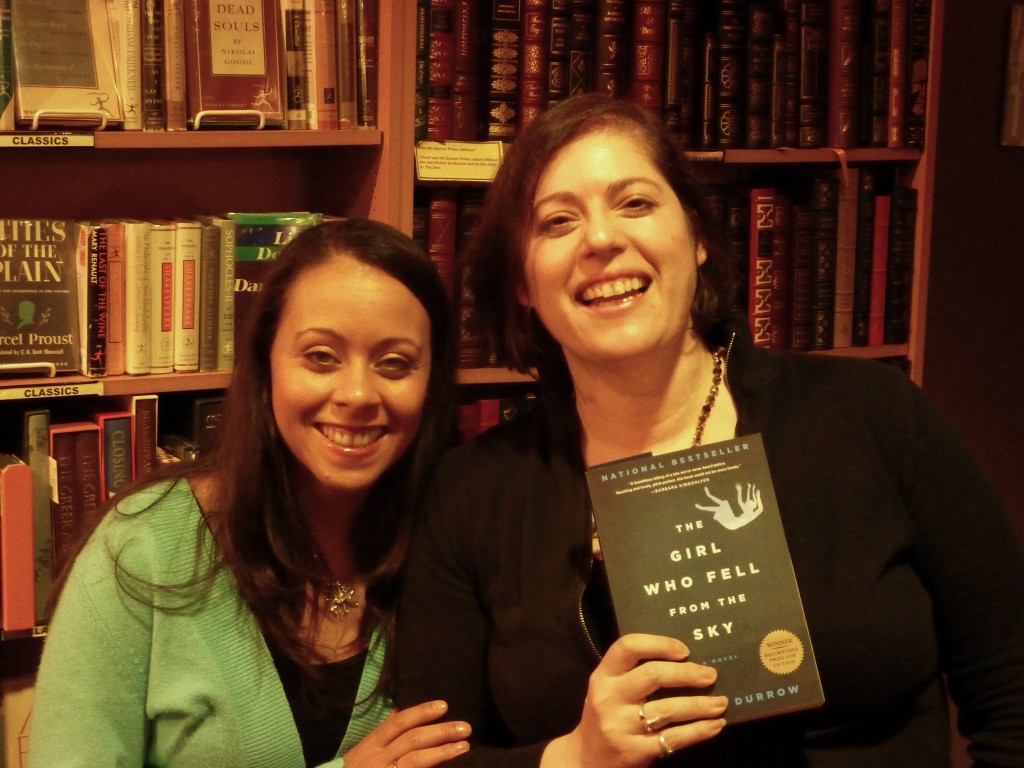
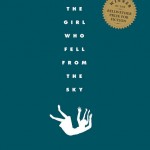 Rachel, the daughter of a Danish mother and a black G.I., becomes the sole survivor of a family tragedy after a fateful morning on their Chicago rooftop.
Rachel, the daughter of a Danish mother and a black G.I., becomes the sole survivor of a family tragedy after a fateful morning on their Chicago rooftop. 
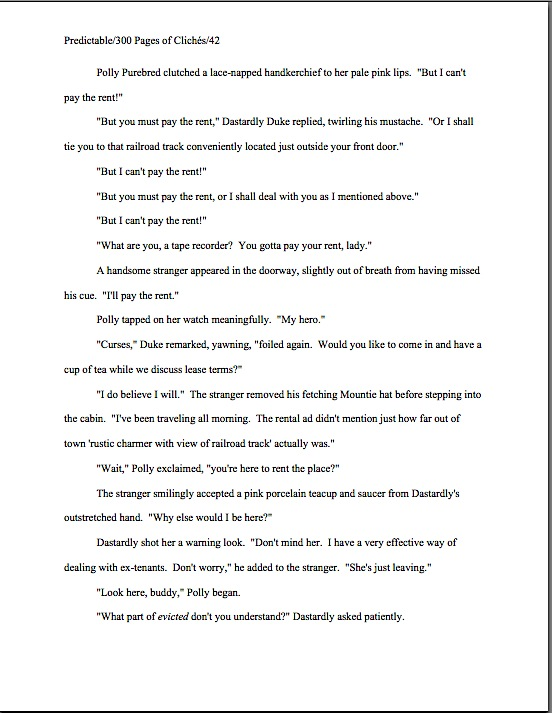
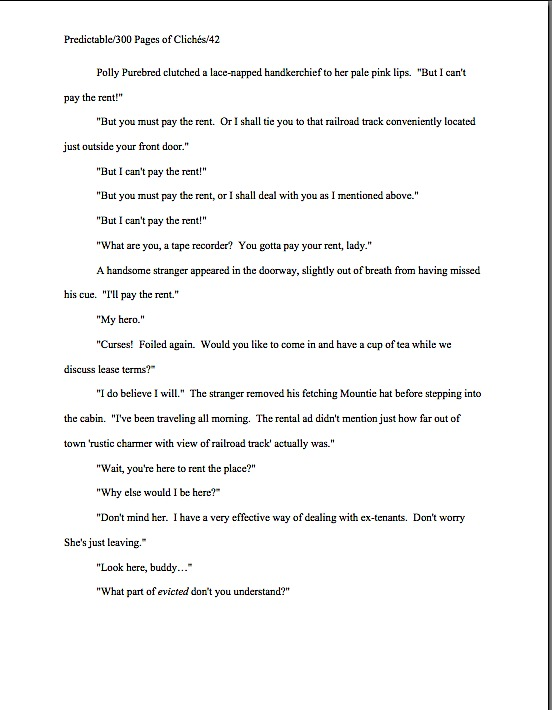




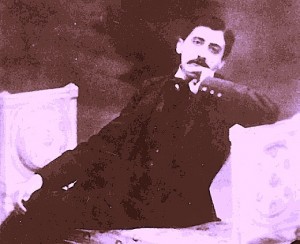
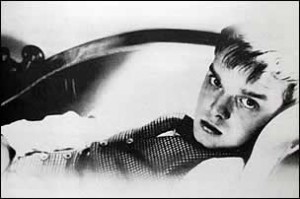
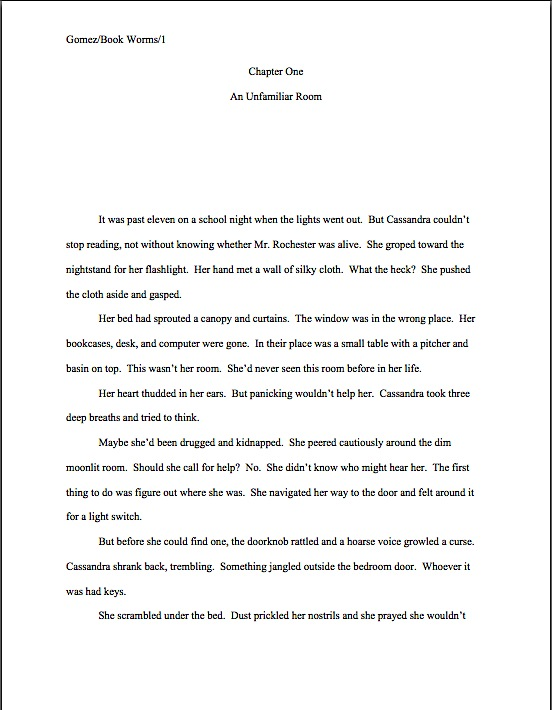
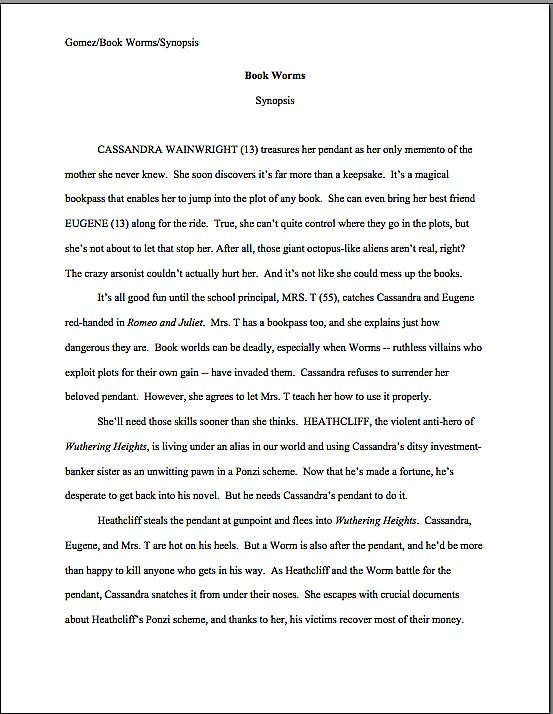
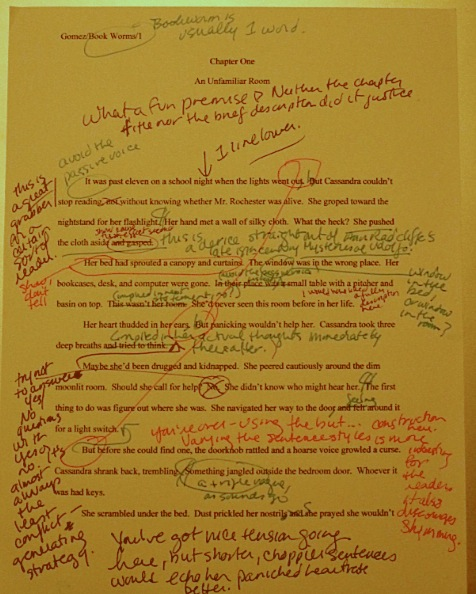

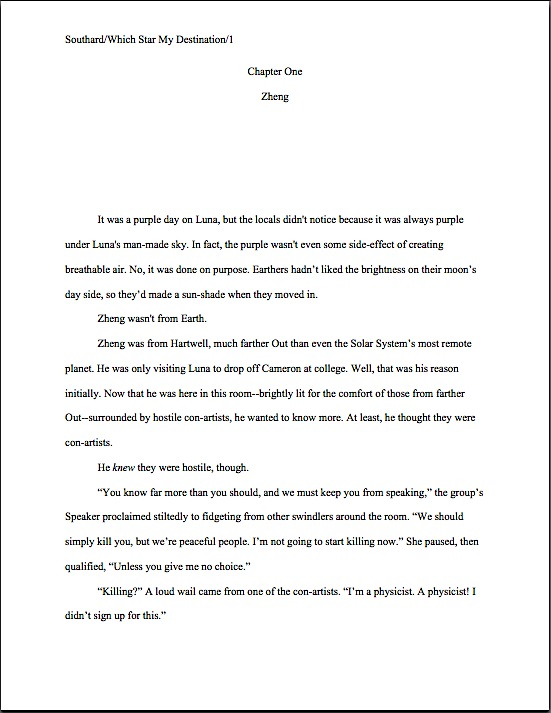
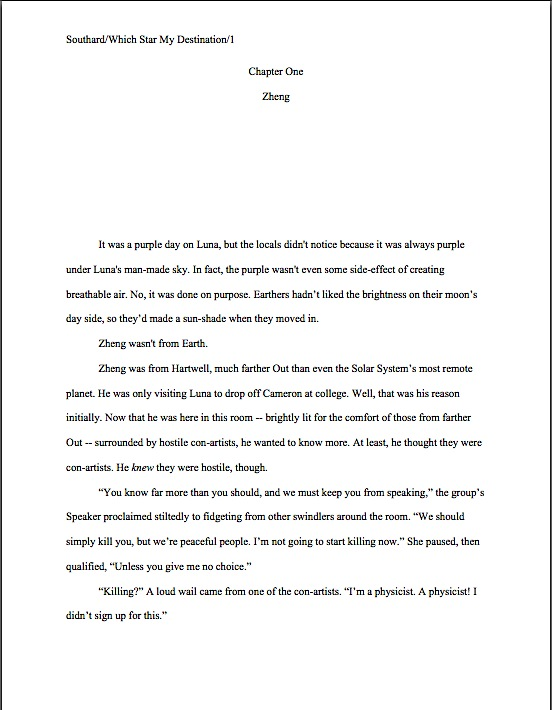
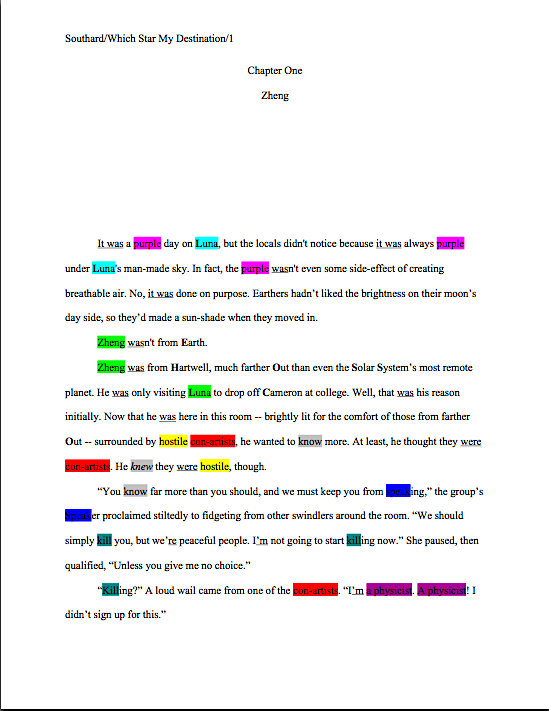
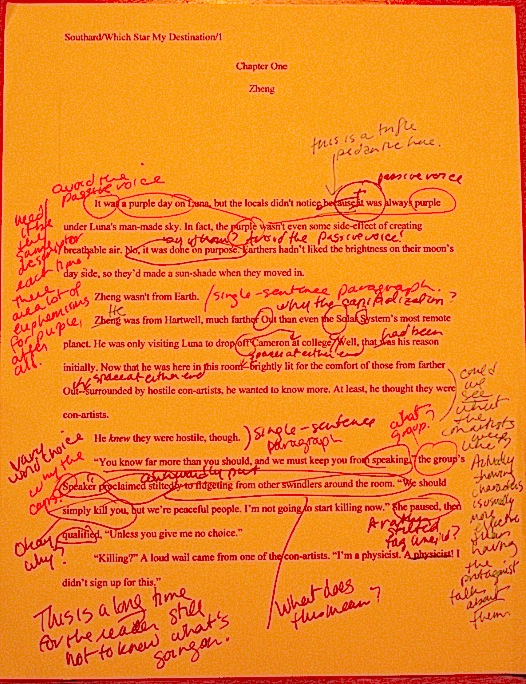
 YA has its own distinctive conventions, particularly with respect to voice and subject matter. If it is not apparent from the first paragraph of page 1 that a manuscript is YA, even the best-written YA manuscript runs the risk of rejection on that ground alone.
YA has its own distinctive conventions, particularly with respect to voice and subject matter. If it is not apparent from the first paragraph of page 1 that a manuscript is YA, even the best-written YA manuscript runs the risk of rejection on that ground alone.

